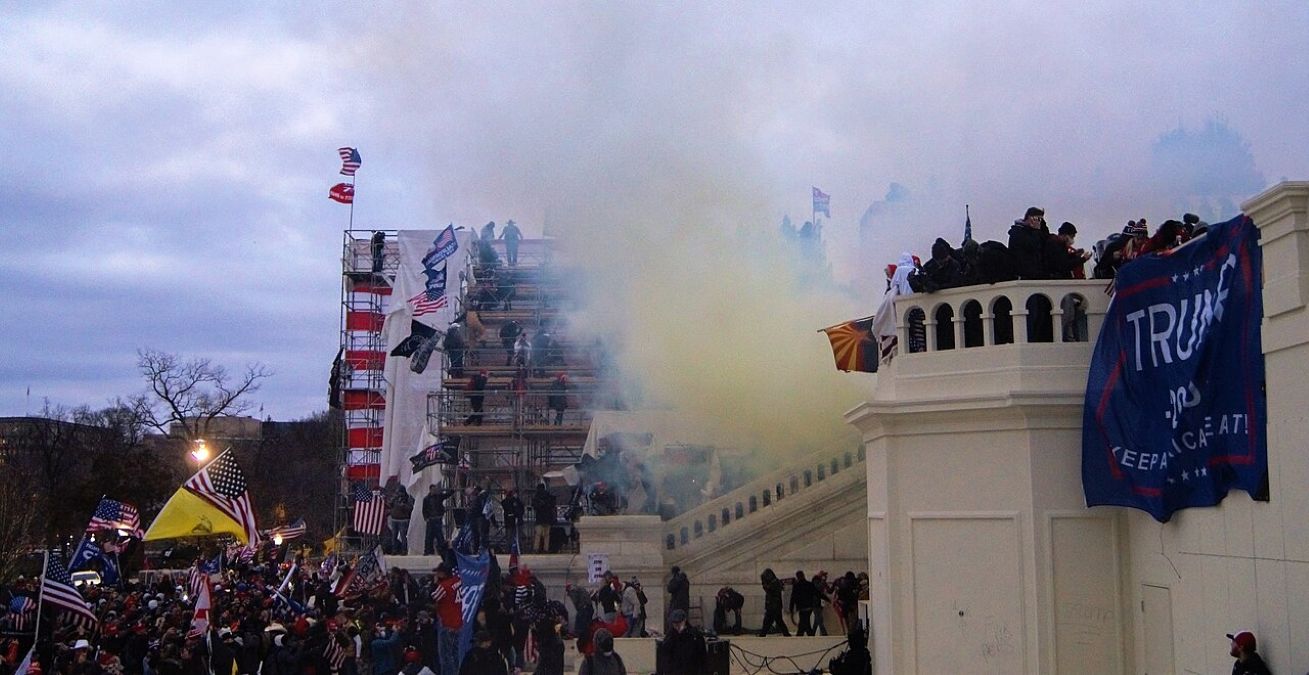Senators warn of ‘mission creep’ as House takes up war powers repeal
Bipartisan efforts to curb the President’s war powers may be in danger of being overshadowed by the House’s plan to repeal formal authorizations of the Gulf and Iraq wars. Recently, the Senate voted to repeal the authorizations for the use of military force (AUMFs) that Congress established in 1991 and 2002 to authorize the Gulf and Iraq conflicts. This legislation is most likely going to the floor for a vote in the House, after which it will move to the House Foreign Affairs Committee. However, Chairman Michael McCaul seeks to “repeal and replace” a third AUMF, the one established after 9/11, alongside the Iraq authorizations.
However, this effort to repeal the 2001 AUMF could be problematic because four administrations used it to justify counterterrorism efforts in 22 countries. Sens. Tim Kaine and Todd Young have advocated updating the AUMF, given that it has been diverted from its original purpose, but deliberately left it out of the Senate legislation for fear of not garnering adequate votes. The senators plan to take an incremental approach to build a congressional desire to amend the 9/11 authorization down the line.
While the repeal of the 2002 AUMF would be largely symbolic since the war ended more than a decade ago and would have no military impact, the repeal of the 2001 authorization could complicate the legislative process.
Sen. Lindsey Graham opposed the Kaine-Young legislation and proposed his version of “repeal and replace,” but it only focused on the 2002 AUMF. As a defense hawk, he opposed tinkering with the 2001 version, stating that it still has relevance in the fight against radicalism.
There is a possibility that the House could add the legislation to the National Defense Authorization Act as an amendment, a solution that would not be ideal.
" Conservative News Daily does not always share or support the views and opinions expressed here; they are just those of the writer."





Now loading...